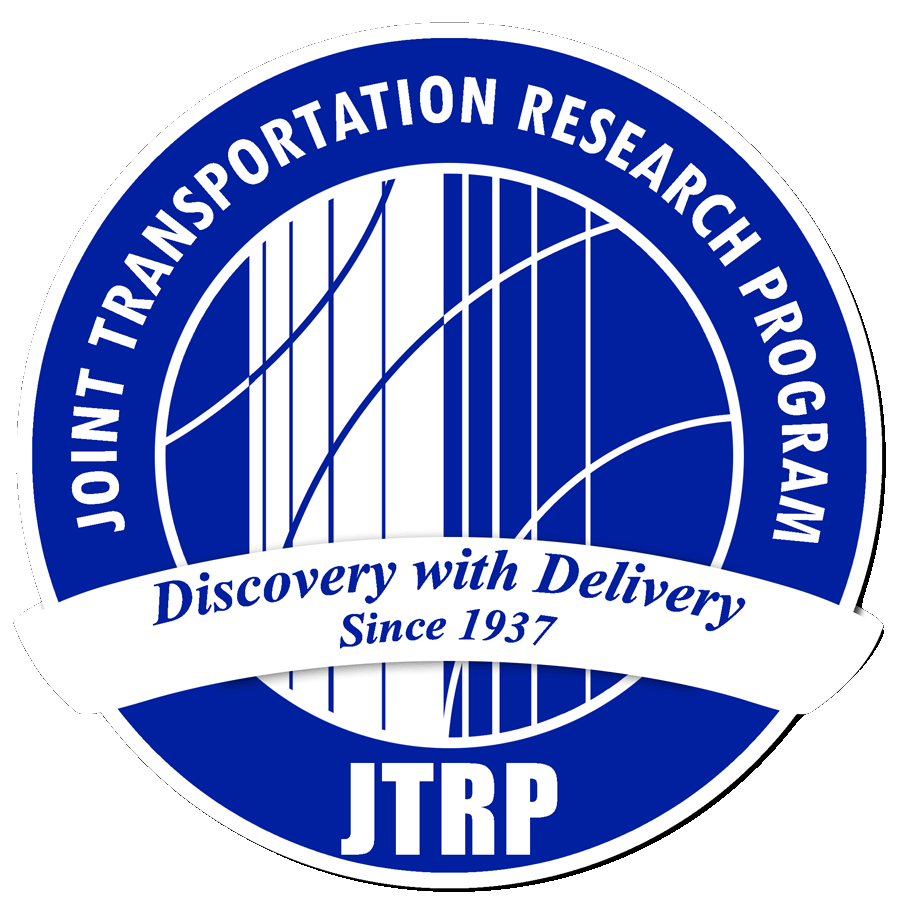Abstract
Origin-Destination studies are often used in transportation planning to determine the travel patterns (origin-destination matrix) of vehicles and goods in a particular area. Given these travel patterns, the impacts of alternative solutions to current and future transportation problems can be evaluated. Therefore, it is important that the travel patterns be accurately measured. However, it is not always clear what data collection method should be used to obtain the type of data needed, while maximizing quality and minimizing the time and cost. The objective of this research is to review both conventional and experimental techniques for roadside station OD studies, and make general recommendations for the best OD study technique and data collection method, given the roadway characteristics and traffic conditions.
Keywords
origin-destination study, license plate matching, follow-up survey, vehicle intercept survey, roadside interview, global positioning system, wireless phone tracing, video license plate data collection, identification, recording, transcription, accuracy, SPR-2935
Report Number
FHWA/IN/JTRP-2005/27
SPR Number
2935
Performing Organization
Joint Transportation Research Program
Publisher Place
West Lafayette, IN
Date of Version
2005
DOI
10.5703/1288284313368
Recommended Citation
Guy, B. P., and J. D. Fricker. Guidelines for Data Collection Techniques and Methods for Roadside Station Origin-Destination Studies. Publication FHWA/IN/JTRP-2005/27. Joint Transportation Research Program, Indiana Department of Transportation and Purdue University, West Lafayette, Indiana, 2005. https://doi.org/10.5703/1288284313368Project Number
C-36-17SSS
File Number
8-4-71


